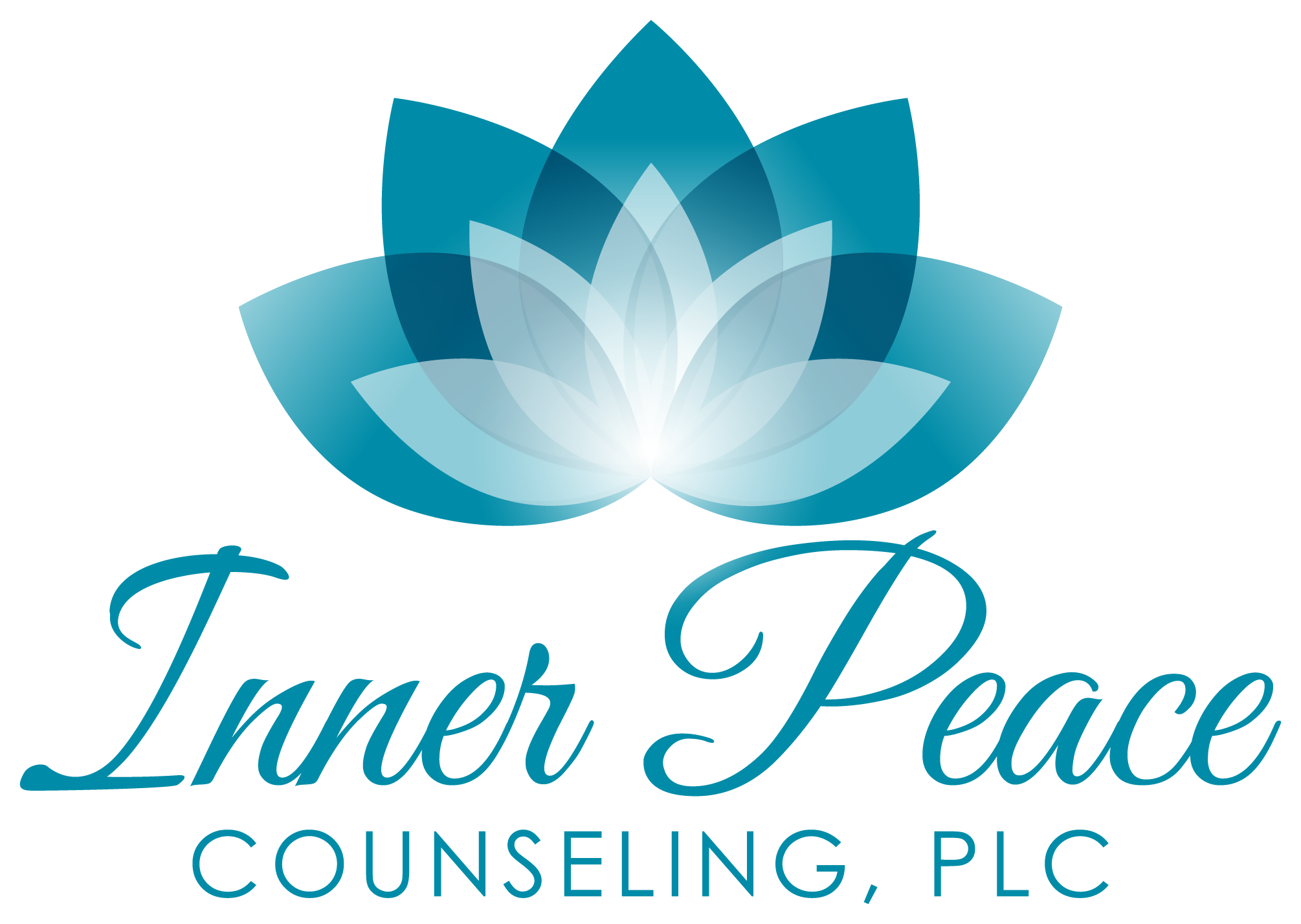Nutrition and Mental Health: The Essential Missing Link

By: Ashley Carter Youngblood
Categories:
Tags:
Nutrition and Mental Health: The Essential Missing Link
As published in in The Women’s Lifestyle Magazine of Greater Kalamazoo, March 2019 Edition.
Did you know?:
- The “Minnesota Starvation Experiment” in the 1950s found that mental health symptoms (e.g. mania) can actually be created in healthy individuals when they are deprived of appropriate nutrients
- Mental health symptoms like depression are starting to be understood as a disease of inflammation (Berk et al., 2013)
- Those with certain diets (e.g. whole foods, minimally processed foods, sufficient healthy fats) have been shown to have lower rates of mood disorders and symptoms of anxiety
- Even more-severe symptoms of mental health disorders, like psychosis, have been able to be reversed using nutrition (Kaplan and Rucklidge)
(For more information on these and even more amazing facts, check out The International Society of Nutritional Psychiatry Research’s website, www.isnpr.org.)
If you are a nerd like me, this is fascinating! Sure, we may talk about the mind-body connection. We may acknowledge the importance of eating well and recognize that it is best to “eat healthy”. But, given the mixed messages we constantly get from various sources, including the healthcare industry, what exactly does it mean to “eat healthy”? And, how much does it really matter what we eat given that our stomachs and brains are so far apart?
I am* not a doctor or a nutritionist. But, as a holistic psychotherapist who is a Certified Mental Health Integrated Medicine Provider, I see the power of the mind-body connection as it relates to nutrition frequently in my work. The power of nutrition on mental health is I think best illustrated by the recent tendency of the medical field to call the gut the “Second Brain”. We are finding that around 80-90% of serotonin (a feel-good chemical of the brain that helps stabilize mood and ward off symptoms like depression) actually is processed in the gut, as opposed to our brain. Even Dr. David Perlmutter documents in his book “Brain Maker” that depressive symptoms immediately appeared in research participants when their healthy gut biochemistry was compromised, even with no previous history of depression.
There is not a clear line between the brain and the mind. So, even if there are disagreements about what is the “best” way to eat (e.g. vegan, Paleo, Keto, gluten-free), the healthiest nutrition for our mental health should reflect the healthiest food profile for our brain and our gut. Given that our brain is 60% fat and each cell of our body is coated in a fatty membrane, this likely includes an optimal combination of the three macronutrients – fats, proteins, and carbohydrates – and a sufficient intake of micronutrients (i.e. vitamins and minerals). And, are we really getting those necessary elements from the pizza, chips, and fast food Americans tend to eat?
Food is not Just Food
Even if we know what is the “best” way to eat for our bodies, food is not just food. Authors like Nina Teicholz, Gary Taubes, and Julia Ross explain in detail how our fear of fat and our tendency to embrace sugar and processed foods is risky for our health, which includes our mental health. If you haven’t already heard (there was a great 60 Minutes episode about this in 2012), sugar is more addictive than cocaine. Yep, you read that correctly! Furthermore, we are finding that the brains of those addicted to sugar and highly-processed carbohydrates commonly found in our Western Diet (appropriately called the S.A.D. – Standard American Diet – by some) look the same during brain imaging as those addicted to drugs like heroin. As if that weren’t enough, research suggests that that dairy and highly-processed carbohydrate products actually function like opioids (e.g. Oxycontin, heroin) in the brain, triggering addiction to these ingredients. The especially bad news is that these products are in basically everything that is sold in a box or that has a nutrition label! So, it’s hard to avoid them unless we are being very intentional about it.
We also know that food is not just food anymore because, if we give those who enjoy certain sweets a drug like Naloxone or Naltrexone, traditionally prescribed for people on opioids to help them no longer use drugs, those with a sweet-tooth no longer receive pleasure from eating that food. The drug is blocking the endorphins released during eating the guilty pleasure! This means that “eating right” is not just a matter of will power because, based on how addicted our brains are given the food we have been consuming, there is a reason why we simply cannot imagine living without cookies. As Gary Taubes argues in his book, “The Case Against Sugar”, we are now involving the brain more than ever when we eat, particularly with our S.A.D. nutrition. And, because the brain and the mind are inseparable, we need to remember to look carefully at how we are fueling our bodies and, therefore, our brains.
The Power of Blood Sugar
You may be wondering why I am spending so much time talking about sugar. I think we greatly underestimate impact of blood sugar on mental health and our mood. Let me tell you what I see in my work.
Our moods cycle with our consumption of such foods. And, unfortunately, given that the same chemicals are present when our blood sugar crashes as they are when we have anxiety/a panic attack, they can precipitate each other. I frequently see people stop having panic attacks after they eliminate the foods (or beverages like coffee) that trigger their anxiety. Again, nutrition and mental health is not so separate.
Greatly simplifying the biology, anytime we eat something, especially if it is sugary or highly processed, our glucose (“blood sugar”) increases. Unfortunately, what happens after a rise? A crash. This is when we feel “hangry”.
What to do Next
I am not suggesting that mental health is “cured” with nutrition. Because every body is different, I also cannot tell you what you need to eat. However, we certainly know that a well-fed brain and body is better able to withstand stress. Think about it: you may have the best sleep and exercise routine, but if your nutrition is horrible, how well are you going to feel? In the end, we cannot supplement- or exercise-away bad nutrition.
You may be wondering where to start. Your own body of course! Remember to check in with yourself after or before you eat. Do you feel tired? Wired? Guilty? Sad? Sluggish? Anxious? All of those symptoms are important messages about the connection between your nutrition and mental health.
I would also encourage you to do research on what goes into your food and how it has been shown to affect our moods and bodies. The information is out there and knowledge is power. Given that we are not only what we eat, we are what we eat eats, remember that all of what we are ingesting (even if we cannot see it) affects us, especially our brains and, therefore, our mental health.
Talk with your healthcare provider. See a nutritionist who understands the connection between nutrition and mental health. If you feel addicted to certain foods, find a therapist who can help you learn how to have a healthier relationship with food in order to help your mental health.
Food is medicine. Let’s treat it like it is.
[*Medical disclaimer: Please keep in mind that the above information is offered for entertainment and educational purposes only, should not be considered medical advice/treatment, and is not intended to diagnose, treat, cure, or prevent any condition. Given the unique biochemistry of each individual, it is essential to consult your physician before making any changes to your lifestyle, including nutritional, fitness, or supplementation. Such statements have not been evaluated by the U.S. Food and Drug Administration. If you would like any further information about the research referenced in this article or would like additional resources about the topic, please directly contact Ashley Carter Youngblood at 269-254-1211 or ashley@kalamazoo-counseling.com]
~Ashley Carter Youngblood, LMSW, LMFT, CADC, ADS, CMHIMP
 Ashley Carter Youngblood is a licensed Clinical Social Worker, licensed Marriage and Family Therapist, and a Certified Mental Health Integrative Medicine Provider who has been in the field since 2007. She offers counseling at her woman-owned business, Inner Peace Counseling, PLC, for those in Kalamazoo, Portage, Mattawan, Battle Creek, Paw Paw, and the surrounding areas of Southwest Michigan. She is passionate about her work with clients, whether it’s providing individual counseling, couples counseling, family therapy, life coaching, or education about one of her growing passions and areas of expertise: the connection between nutrition and mental health. Her specialties include holistic healing/mindfulness, counseling for women, anxiety, couples counseling, and addictions/substance abuse.
Ashley Carter Youngblood is a licensed Clinical Social Worker, licensed Marriage and Family Therapist, and a Certified Mental Health Integrative Medicine Provider who has been in the field since 2007. She offers counseling at her woman-owned business, Inner Peace Counseling, PLC, for those in Kalamazoo, Portage, Mattawan, Battle Creek, Paw Paw, and the surrounding areas of Southwest Michigan. She is passionate about her work with clients, whether it’s providing individual counseling, couples counseling, family therapy, life coaching, or education about one of her growing passions and areas of expertise: the connection between nutrition and mental health. Her specialties include holistic healing/mindfulness, counseling for women, anxiety, couples counseling, and addictions/substance abuse.
I welcome you to contact me or leave any questions or feedback you have about this post. Please keep in mind that the above information is the opinion of an individual, should not be considered medical advice/treatment, and is for entertainment/educational purposes only. I write these blogs as an expression of my passion for wellness and with the hope to be able to help as many people as possible. So, for more information about how to safely navigate this website and to what terms you are agreeing upon use, visit my Disclaimer page. And, as always, if you are experiencing an emergency, contact 911 or present yourself to your nearest emergency room.
Thanks for reading.
